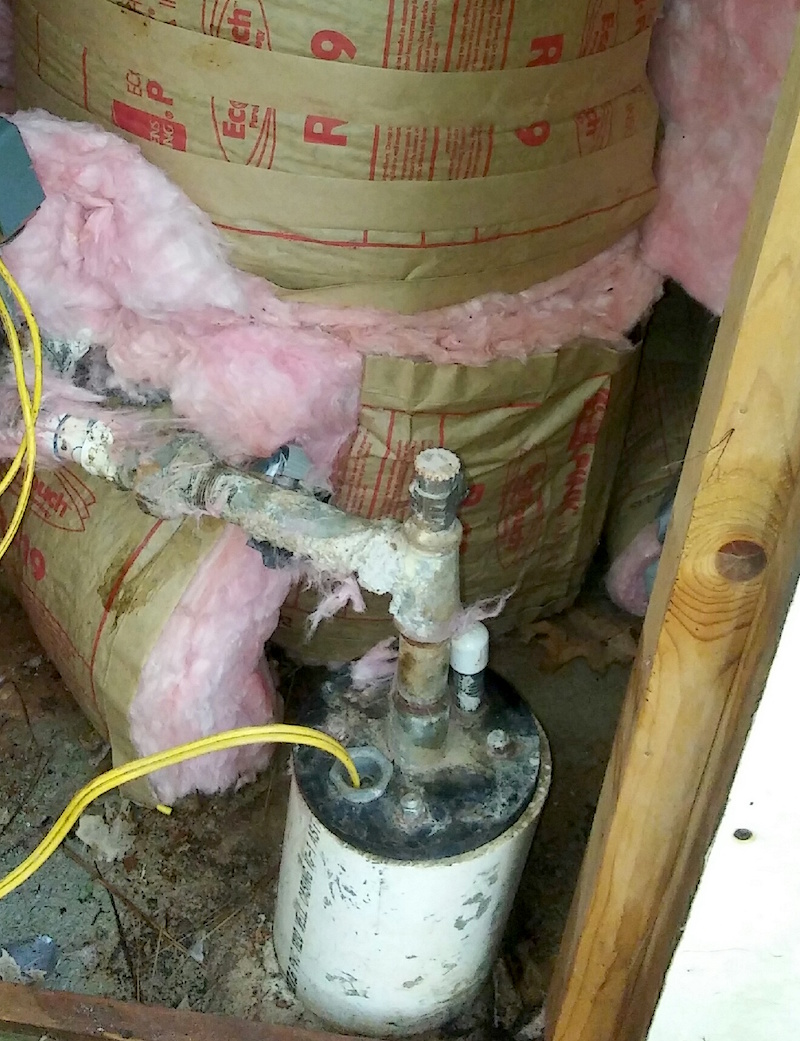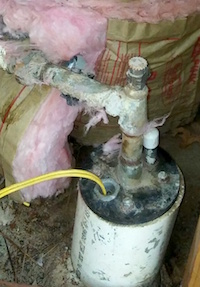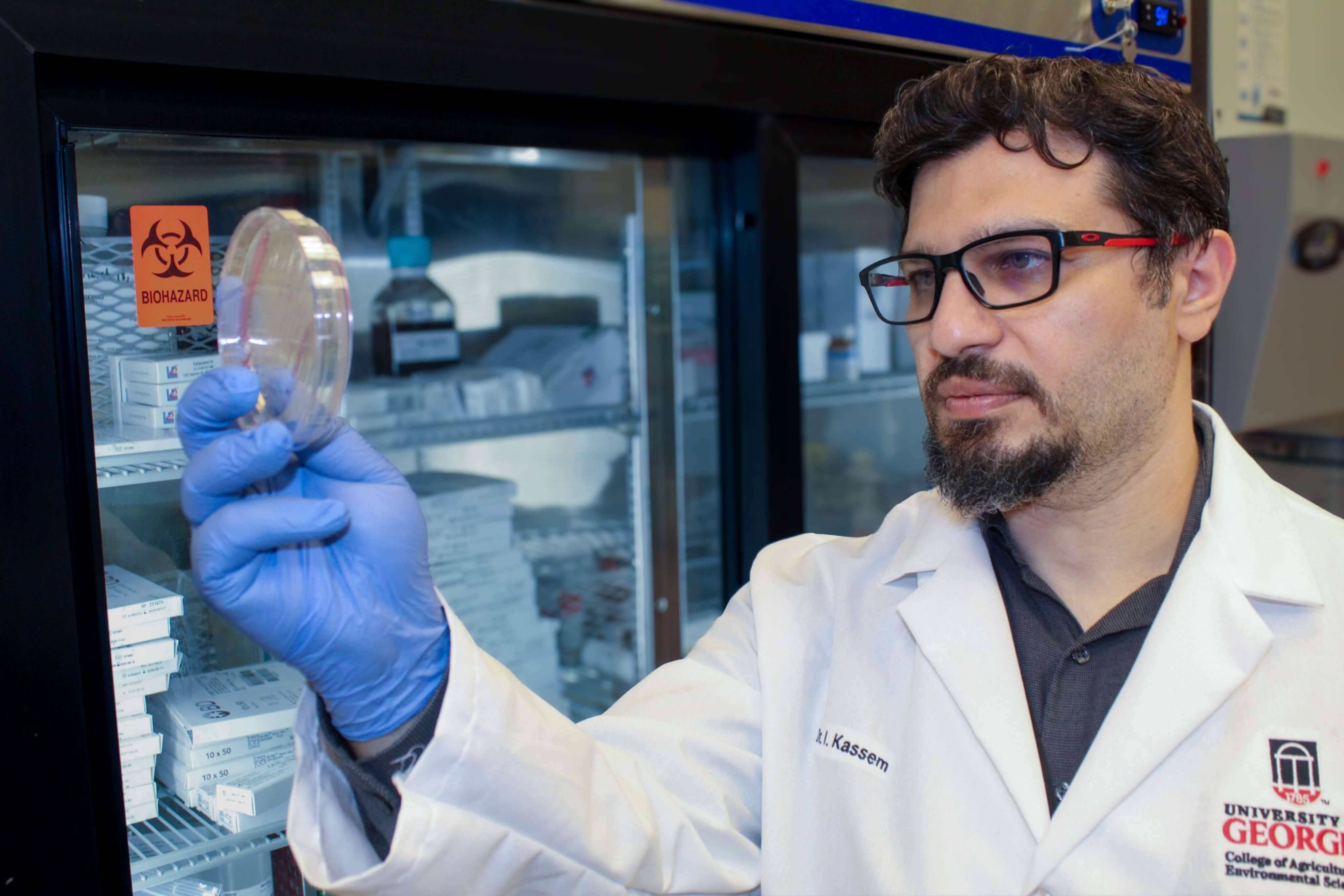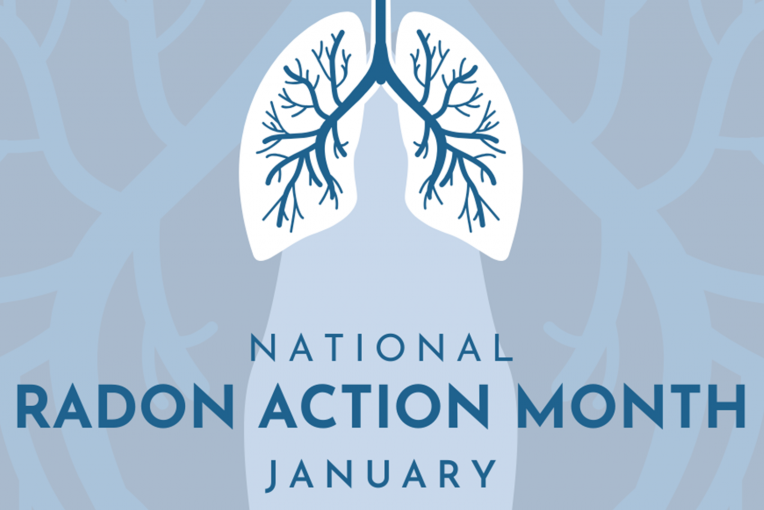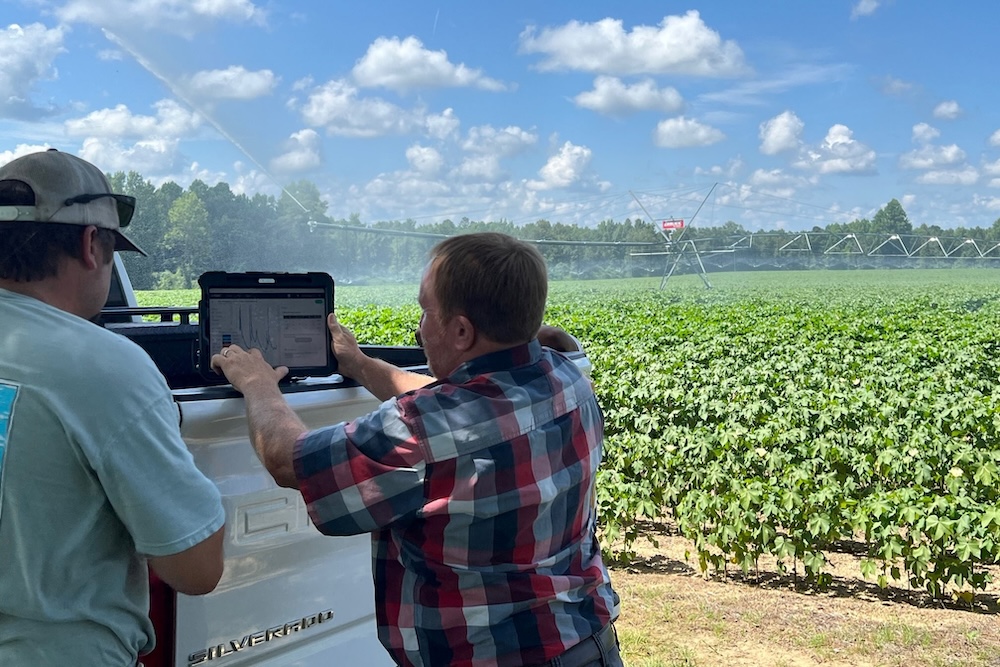University of Georgia Cooperative Extension agents, like Adam Speir in Madison County, Georgia, often get calls from homeowners who are concerned about the quality of their well water. Water from municipal sources is routinely monitored for safety, but water from private wells isn’t monitored unless homeowners take steps to ensure that it's safe.
“Most often, clients will describe their water as ‘funny.’ Either the water smells funny, maybe it has a funny color or it might even be that there is something funny floating in the water,” Speir said.
These are serious concerns. UGA Extension provides answers through water testing by the UGA Agricultural and Environmental Services Laboratories (AESL), which offers over 30 different water tests.
The most common well-water complaints involve high mineral content, bacteria contamination and “rotten egg” smells,” Speir said.
Proof of high mineral content may show up in bathroom fixtures that become stained orange, green, red, gray or black. Homeowners may also notice a metallic taste or smell. The minerals typically found in high concentrations are iron, manganese and magnesium.
“This is a common issue for several reasons, especially in deeper drilled wells. In Madison County, we sit on top of bedrock that is composed of many of these minerals. Our groundwater is often acidic, dissolving these minerals from the surrounding bedrock,” Speir said.
Shallow, bored wells — those less than 50 or 60 feet deep — typically do not have these issues. These wells don’t have access to water in deeper bedrock, where the water has dissolved these minerals. Several options are available for treatment: water softeners, oxidation or aeration pumps, chlorinators and greensand filters.
Bacteria are common in nature, and it’s fairly common in groundwater and can cause contamination. Most bacteria are harmless to human health, but some are capable of causing human disease.
The AESL Soil, Plant and Water Laboratory tests for two indicator bacteria, total coliforms and E. coli. Bacteria contamination is most commonly seen in shallow, bored wells. The presence of coliform bacteria indicates the intrusion of surface water, organic material from the surface, cracks or failures in wellhead protection, or failures in the well casing that allow surface water intrusion.
The presence of E. coli indicates contamination by human or animal feces from sewer or septic systems, wildlife or livestock. The risk of human illness is much greater with E. coli contamination than with total coliform.
Maintaining good surface wellhead protection and the structural integrity of well casings is important to preserve water quality.
“If bacteria are present, UGA Extension recommends disinfection through shock chlorination and boiling your water for a minimum of five minutes before using it for drinking or food preparation,” Speir said. “If you are installing a new well, make sure it’s not located close to septic drain fields or animal manure.”
If well water smells like rotten eggs, the problem could be the result of hydrogen sulfide gas and could indicate bacteria contamination or organic matter in the water, he said. If the smell is only present in hot water, the magnesium corrosion rod in your hot water heater could be converting naturally occurring sulfates into hydrogen sulfide.
“It’s difficult to do a lab test for hydrogen sulfide, but treatment options include a shock chlorination to help disinfect the well, replacing the hot water heater’s magnesium rod with an aluminum or zinc rod, or installing an appropriate water treatment system,” Speir said.
Other well-water issues can be tracked back to high levels of nitrates from failed septic systems or nutrient runoff, lead and copper contamination as a result of metal pipes in older homes, or even pesticide contamination.
One single test can’t detect all the possible contaminants in well water. UGA Extension recommends the basic water chemistry test performed at the AESL. This test determines hardness, pH levels, and concentrations of 16 minerals and metals.
If your well water hasn’t been tested in three or more years, start with a comprehensive water chemistry analysis. UGA recommends that well owners in Georgia’s Piedmont and Blue Ridge regions test annually for uranium, and well owners in the southern Coastal Plain region, below the fall line, should test for arsenic. Well water should be tested for safety if you experience flooding; suspect contamination; notice changes in color, odor or taste; or have problems with the well structure.
For information on collecting and submitting well water for testing, contact your local UGA Extension office, visit aesl.ces.uga.edu, or call AESL at 706-542-7690.

